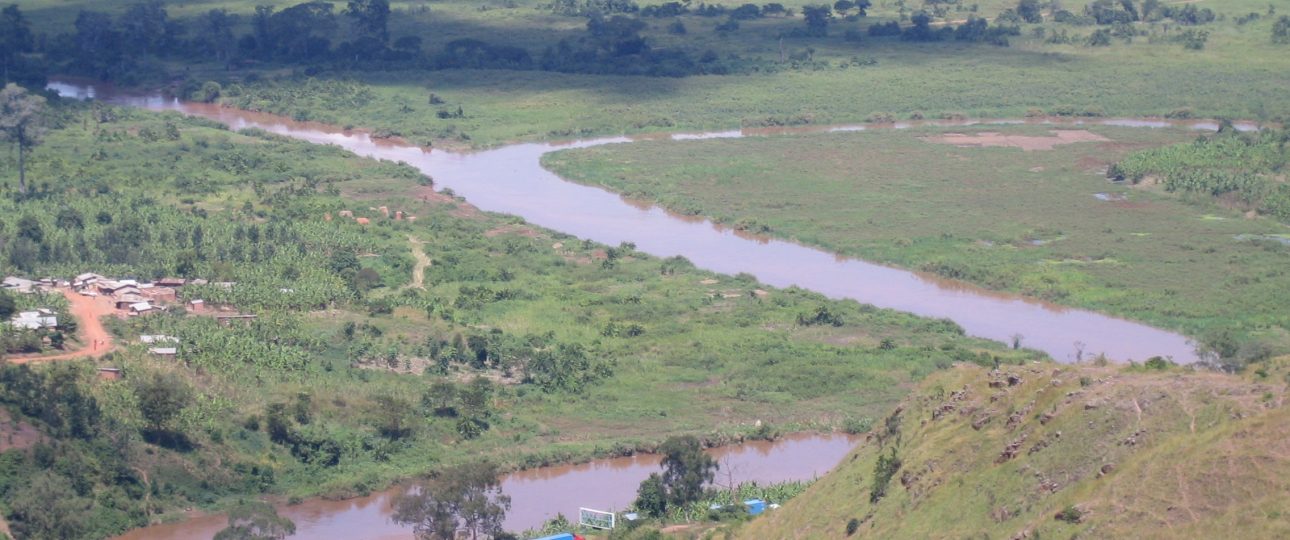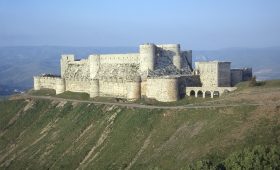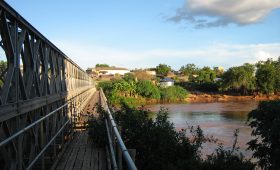Exploring the Kagera River: A Journey Through East Africa
Discovering the Kagera River
The Kagera River, also known as the Akagera River or Alexandra Nile, is a significant waterway in East Africa. It forms part of the upper headwaters of the Nile and stretches for 597 kilometers (371 miles) from its source in Lake Rweru, Rwanda. This river is not just a geographical feature; it is a vital part of the region’s history and ecology.
Flora and Fauna
The Kagera River basin is a haven for biodiversity. It supports at least 55 known fish species in the Rwandan section alone, with more likely undiscovered. The river’s ecosystem is rich with plant life, including lush greenery and vibrant flowers. The many waterfalls and rapids in the basin create distinct ecological zones, making it a fascinating area for nature enthusiasts.
Historical Significance
The Kagera River has played a crucial role in the history of the countries it traverses. In 1894, German explorer Gustav Adolf von Götzen crossed the river at Rusumo Falls, marking the beginning of the Rwandan colonial era. During World War I, the Belgians used the same route to enter Rwanda. The river also gained international attention in 1994 when it carried bodies from the Rwandan genocide into Lake Victoria, highlighting the tragic events of that period.
Best Time to Visit
For those planning a visit, the dry season from June to September is ideal. During this time, the river’s water levels are lower, making wildlife more visible. The weather is also more pleasant, with mild temperatures and fewer rain showers. However, if you prefer a more verdant landscape, the wet season from October to May offers lush scenery, though it may limit some activities.
Getting to the Kagera River
Accessing the Kagera River is straightforward. Fly into Kigali International Airport, Rwanda’s main international gateway. From there, you can rent a car or arrange a private transfer to reach the river. Public transportation is an option, with buses available from Kigali to the town of Rwamagana. From Rwamagana, local taxis or motorcycles can take you to the river, though this option may be less reliable.
Local Transportation
Once at the Kagera River, exploring the area can be done through guided safari tours or by renting a car for a self-guided experience. Guided tours offer expert insights into the region’s wildlife and conservation efforts. If you choose to drive, ensure you are familiar with the park’s rules and prioritize safety, especially when encountering wildlife.
Visiting the Kagera River offers a unique opportunity to experience East Africa’s natural beauty and historical depth. Whether you’re drawn by its ecological diversity or its historical significance, the Kagera River is a destination that promises a rich and enlightening journey.




